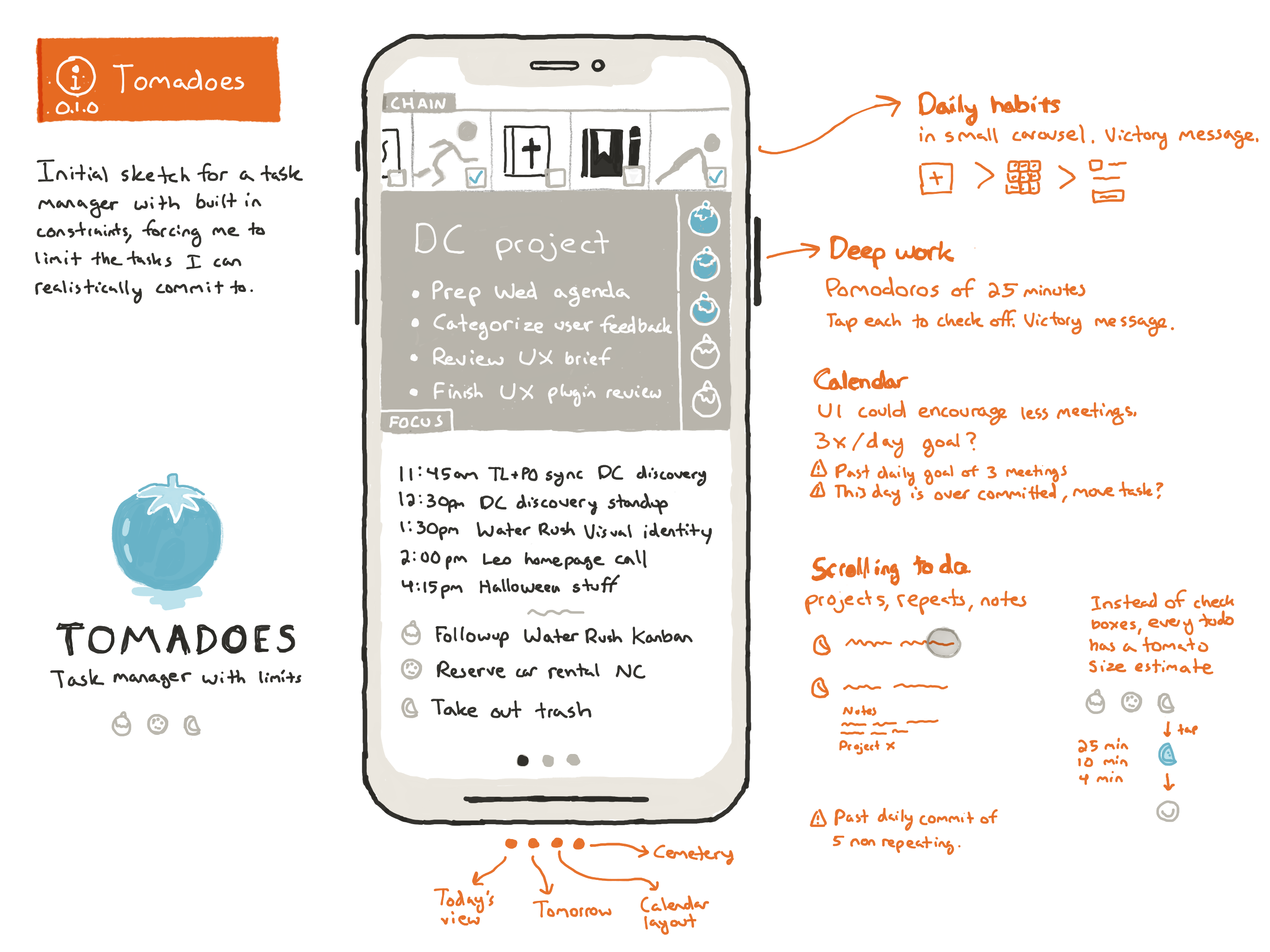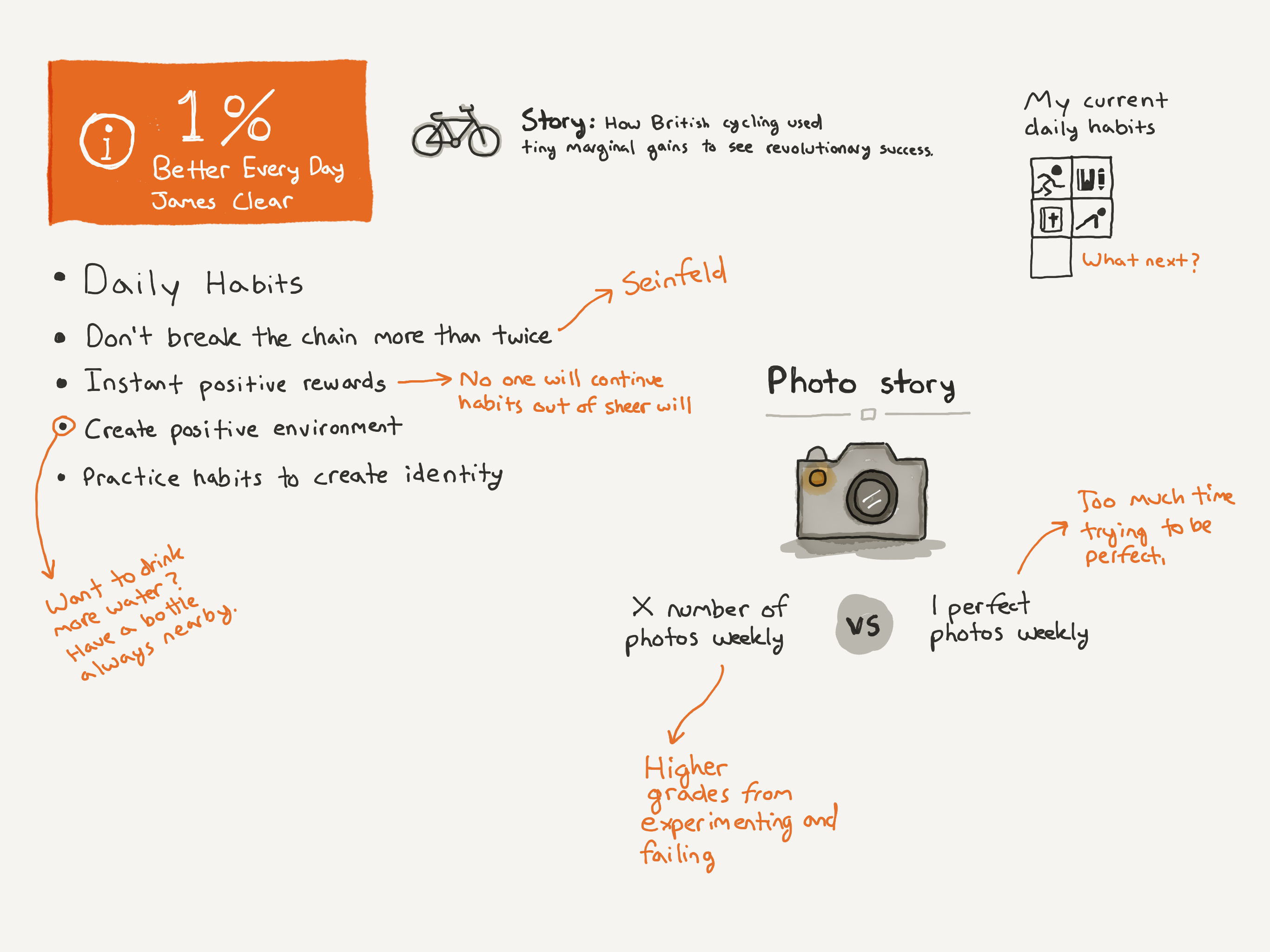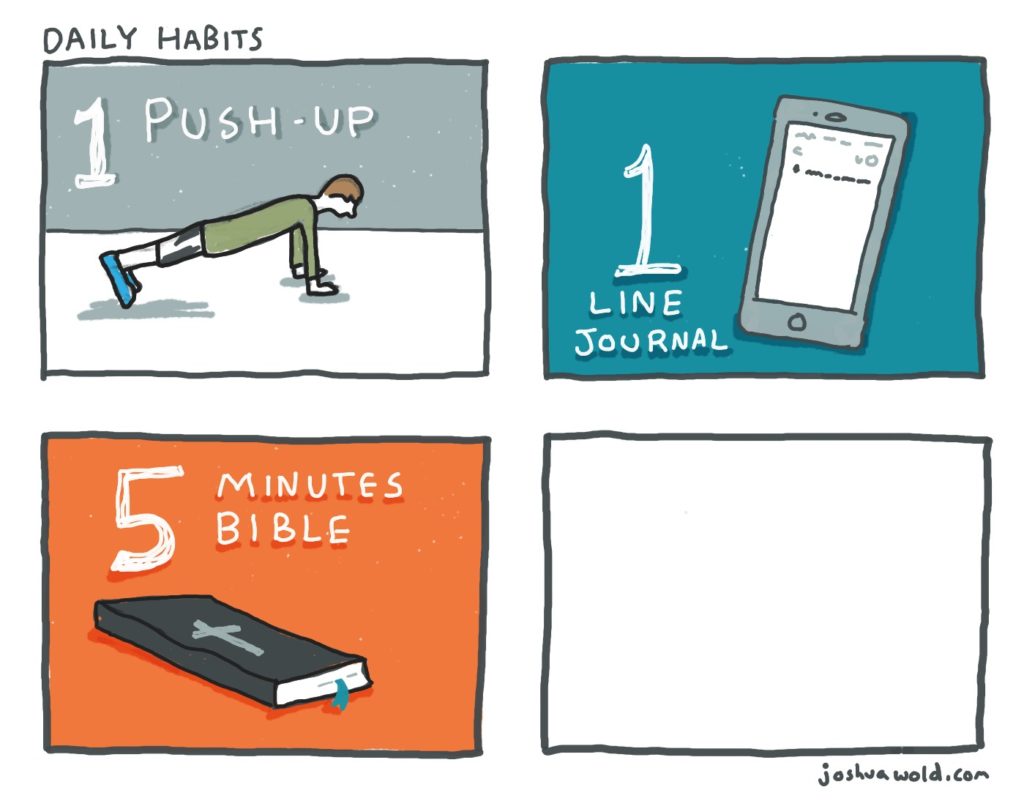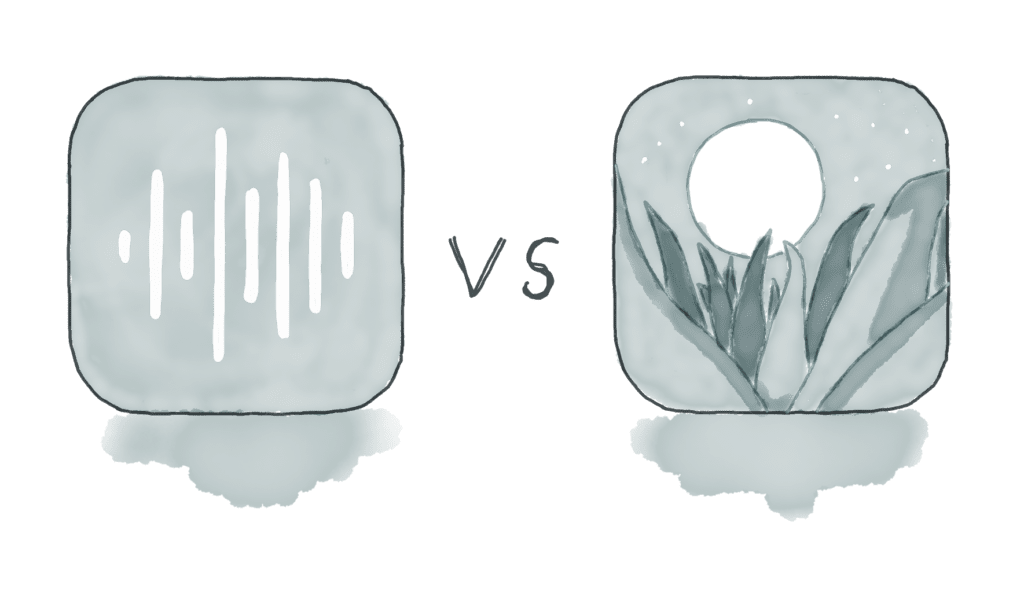 This weekend I spent a few days by myself in the middle of nowhere.
Thank you my lovely wife for handling the kiddos by herself! I’ll likely share some more thoughts soon, but the short takeaway is it’s important to take time to think; to stop and take stock of what’s going on.
For myself I realized that, the busier I am, the more important to figure out where I’m going.
While my time away didn’t reveal any grand new ideas about the universe, it did give me a chance to take a few new photos.
This weekend I spent a few days by myself in the middle of nowhere.
Thank you my lovely wife for handling the kiddos by herself! I’ll likely share some more thoughts soon, but the short takeaway is it’s important to take time to think; to stop and take stock of what’s going on.
For myself I realized that, the busier I am, the more important to figure out where I’m going.
While my time away didn’t reveal any grand new ideas about the universe, it did give me a chance to take a few new photos.
-
Taking a break
 This weekend I spent a few days by myself in the middle of nowhere.
Thank you my lovely wife for handling the kiddos by herself! I’ll likely share some more thoughts soon, but the short takeaway is it’s important to take time to think; to stop and take stock of what’s going on.
For myself I realized that, the busier I am, the more important to figure out where I’m going.
While my time away didn’t reveal any grand new ideas about the universe, it did give me a chance to take a few new photos.
This weekend I spent a few days by myself in the middle of nowhere.
Thank you my lovely wife for handling the kiddos by herself! I’ll likely share some more thoughts soon, but the short takeaway is it’s important to take time to think; to stop and take stock of what’s going on.
For myself I realized that, the busier I am, the more important to figure out where I’m going.
While my time away didn’t reveal any grand new ideas about the universe, it did give me a chance to take a few new photos.
-
Less
So I’m struggling with something. I love to help people out and love to tinker and try new things. This means I take on more than I can handle and then end up working backwards to try and prioritize.
Last night I started reading two books about this very thing. They’re really driving the point home for me that simplicity and less in life and work are important. These, along with Essentialism and Deep Work are helping to define my mindset for 2018.
So, my goal for the next few weeks is to figure out how to do less, but better. To be candid I’m struggling with that! We’ll see where this goes.
-
One Small Thing – Running Part 2
 Last year I started running 1 mile each day.
Last year I started running 1 mile each day.Running is my favorite exercise. I can get enjoy exercise, enjoy nature, and listen to an audiobook. However, in the past I’ve only run if there’s an event to train for.
In April, 2017 we had our second child, and training for a big event wasn’t realistic. I decided to try something new instead of giving up running all together.
6 days a week I’d run one mile, regardless of weather, fatigue or how busy I was.
Because I work from home I tend to stay indoors a lot. This gave me an opportunity to get outside.
When you know you’re going to run a mile each day, there is zero energy wasted in deciding, in debating in your head, or making excuses. The cost of decision was made once, months ago, and now you just do it. For me this meant finding a 10 minute gap between meetings, throwing on my shoes, and stepping out the door.
Now, months later I’m loving it.
One concern I had initially was that 1 mile a day really isn’t much. However, making the goal so small helped make it an easy choice each day.
After having established a habit for a while, I switched to 2 miles a day at the end of December. If I run fast it means I only need a few more minutes to make it happen.
Ultimately I want to get back into planning for some bigger events, but this habit has helped me continue doing something small for my health, even when life has been quite busy!
-
Bullet book review: Radical Candor
Abridged summary from the publisher: Radical Candor is simple, you have to Care Personally at the same time that you Challenge Directly. When you challenge without caring, it’s obnoxious aggression; when you care without challenging, it’s ruinous empathy. When you do neither, it’s manipulative insincerity.
Below are some bullets that really stood out to me:
- Rock Stars and superstars – Each person at your company can be either of these at any given time. Understand where they are and help support them accordingly.
- Relationships can drive you forward in your goals, not power
- Care personally and challenge directly
- Don’t tell things like, “it’s just business,” or “let’s be professional here” or “don’t take it personally”
- Bring your whole self to work without expecting work to eat into your life
- Be more concerned with getting to the right answer than with being right
- Radical candor is not about being mean, but rather about being clear
- Don’t sandwich your feedback. It will most likely come off as fake
- Steep growth doesn’t necessarily mean you have to go into management. That should only happen for those who are right for it
- Only 5% of people have a vocation. That confuses the rest of us
- Be a partner with your team. Not an absentee manager or micromanager.
- Growth should be separate from performance
- Give appropriate rewards and recognition to your to rock stars.
- Don’t squash your all-stars. Let them fly. Someday you might work for them
- The ideal: people nominate themselves for promotion and a committee decides. Not your boss. Google does this.
- Don’t conflate management and growth. Einstein didn’t go into management. Acknowledge growth trajectory without management or leadership
- Google has individual career paths that are more prestigious that the management path
- Management should not be the only path to higher compensation
- Everyone can be exceptional somewhere. At your company or somewhere else.
- The book has an entire section on the ways to let someone go and how important it is to get that right
- Having an off quarter – Recognize when you’re just off. It’s not a reflection of your career, and can be turned around.
- Getting to Mars. Understand that there’s no one person who can grasp all that it would take, it requires the joint knowledge of a team
- Steve jobs always (ultimately) got it right
- When building a ship: don’t drum up tasks for your team such as: collecting wood. Build a vision for getting out onto the sea
- Build a culture of fixing lots of little ideas
- In a debate argue each other’s side
- Expecting people to get behind decision without being involved is ridiculous unless you try explaining or persuading
- Think of your listeners’ emotions when persuading
- Essence of leadership is not getting overwhelmed by circumstances
- Can’t give a d* about others if you don’t give a d* about yourself
- If you have to use someone else’s name or authority to get your point across, then there’s little merit to the point. If you believe show it
- The happiness project: hugging
- Just say that you’re having a sy day, not because of you
- Admit emotions. Don’t say about not making personal.
- Listen to criticism with an intent to understand. Not respond!
- Reward criticism and followup to show you’re trying to get more of it. Find something to agree with and followup! Or disagree clearly
- Use lots of details with praise and criticism
- Criticize yourself publicly if you’re boss. Everyone else privately
- Be just as careful with your public praise as you would with private criticism. Public praise, when not grounded in the correct details, can throw the person under the bus
- Ask your team, “is there anything I could do or stop doing to make it easier to work for me?”
- Praise (carefully) in public, criticize in private. Note: public debates, providing factual information to validate information, etc is ok. Just be very specific about any public feedback you’re giving
- Fundamental attribution error
- Tell a team member, “that’s wrong”, not “you’re wrong”
- “Don’t take it personally” worse than useless
- Listen, challenge, commit
- Kill the angel in the office
- Having a flat organization is a myth. Think of ways for all to feel free to speak truth to power. Have skip level meetings
- Have a long-term vision and 18 month plan
- What do you want the pinnacle of your creating to look like
- Difference between praises and thank yous
- Be careful with publicizing promotions
- Give gurus the chance to teach classes internally
- Great chart on micromanagement versus partnership, etc.
- Your best meeting is the 1-1. Think of it as an opportunity to get to know people better. There were some great 1-1 questions
- New ideas are fragile **
- Block time to think
- Set up meetings to debate. But NOT decide, make those separate meetings
- Foster debate! Ask debaters to switch roles
- The sole product of a debate should be a clear summary, with recommendation to keep debating or make decision
- Kanban. Make all work transparent
- Culture eats strategy for lunch. Strong culture is self replicating
- Becoming a boss is like getting arrested. Everything you say or do can and will be used against you
- Is your culture ask for forgiveness vs permission, or measure twice cut once? Both can be great, just know which you’re in
- Have an onboarding folder for new hires
- Daily: solicit guidance and criticism
- Must adjust radical candor for relationships or culture
- A fundamental building block of management: getting and giving guidance
- Enforce no backstabbing
- Encourage peer radical candor; peer guidance
-
View my latest work on Dribbble
-
Bullet book review: How Google Works
Just finished listening to this book on Audible (pro tip: Listen at 150% speed). Below are some bullets that really stood out to me.
- Business plan – Google initially created a business plan that didn’t actually tie the engineers to anything. In hindsight this worked quite well in allowing them the freedom to be creative.
- Obligated to dissent – By default every team member should be required to share their dissent on a subject.
- Idea: Try art gallery Google, their open gallery project. Sounds pretty amazing!
- If you want something done, give it to a busy person.
- Knights and knaves – (Assholes and divas), keep your divas around, as long as their output is more beneficial then the cost to the company ,but get rid of assholes.
- Say yes, that should be your default to a new idea.
- Default to open, except when legally required to keep something closed
- Don’t follow your competition. Don’t get into a siege mentally. However, don’t completely ignore your competition or you may get complacent.
- Be proud of your enemy. Just don’t follow them
- Focus on your product and platform
- Slides kill discussion. Get input from everyone room. Then, iterate very very fast.
- Be a learning animal, hire learning animals.
- Hire brilliant generalists, if they’re learning animals they’ll catch on quick and they won’t be biased by preconceived notions of how something SHOULD work
- When looking to hire, consider awards and patents, that shows a lot of effort and interest
- Beware the opinion of the HiPPO, might stifle discussion
- Big rewards should be given to people who are closest to the biggest products, the people building the thing. What counts is impact.
- Learn big numbers, learn how data works, even if you’re not a numbers guy, at least understand what to ask for so someone can help you
- Know everything about the field you want to get into by reading, think like a CEO and read
- Everyone’s voice should be heard in a meeting – throw out stupid softballs (I think we should all pour hydrochloric acid on ourselves, thoughts?)
- Big decision and no agreement? Meet daily to rehash and set deadline
- Every meeting needs hands on decision maker
- No more than 8-10 people in a meeting
- Attendance at meetings is not a badge of importance. Fewer people are almost always better
- Start and end on time or early
- Don’t multitask in meetings. If you’re doing something else you shouldn’t be there. Too many meetings? Rethink priorities.
- Spend 80% of your time on 80% of your revenue
- Find a coach
- Be a router. Move info fast
- Have company wide OKRs. Everyone’s should be shared.
- Default to open
- Repetition doesn’t spoil the prayer
- Over communicate well: 20x. You’ll be ignored the first few times.
- Email: clean out the parts people will skip when writing an email
- Tip for a quick email response: got it, proceed
- Processes shouldn’t be able to catchup with innovation.
- When praise is deserved, don’t hold back
- Ship and iterate
- Release products, see if they gain momentum, and only then do a marketing push
-
Tomadoes
There’s some task managers out there, as well as information on productivity and task management systems, whether digital or something analog. I started thinking about what a task manager that works how I think, taking inspiration from all the things I’ve used over the years.
This conglomerate system I use helps me focus and get through my day, week, month, etc. The challenge is that I’m always fighting against the todo list, regardless of what software or system I’m using.
What if my system had built in constraints? This sketch proposes 4 basic sections to make up each day.
- Daily habits – working to keep the chain going on the habits I do every day.
- Deep work focusing on doing one thing – In any given day I should be trying to make a decent amount of effort against one project or goal.
- Calendar and todos – Displaying any items in my calendar and any items I’ve added today or previously into today’s todo list, with built in constraints that call out when I’ve reached my max.
So how could I build in constraints? Using the idea of pomodoros, the one big thing deep work task takes up most of the mental energy of my day. The goal is to spend 5 pomodoros on it each day (25 minutes each).
Then, working off of an 8 hour day, I’d only have a certain amount of time left, so the app would subtract meeting time, along with time allotted to my one big thing, and only let me have remaining todos equivalent to the time left.
In theory this would help keep me from overcommitting and focusing on the things that are important. I’ll share updates as the idea progresses.
-
1% Better Every Day
Just finished watching an excellent video from James Clear on the small changes you can make in your life to improve over time. This lines up very closely with the daily habits I’ve been practicing last year. I highly recommend checking out this talk! Sharing my sketchnotes below:
-
Download Tabor, a WordPress Theme for Growing your Audience
Over the last few weeks I have had quite a lot of requests to release the WordPress theme that runs this website. I’m happy to announce that my WordPress theme, appropriately named “Tabor“, is available on ThemeBeans.
(more…) -
Designing Highly Functional WordPress Themes
Designing beautiful and highly functional WordPress themes is not as simple as opening your design editor of choice and going to town. There’s a lot more to think about when it comes to developing beautiful WordPress themes that intentionally focus on both form and function.
(more…) -
iOS 11 – It’s the little things
Last week I installed the iOS 11 public beta on my phone. After playing with it on my iPad for a few months I figured it’d be safe enough to add to my daily driver.
It’s a new OS that adds features to a pretty established OS, no real surprise there as someone who uses Apple devices.
However, there are two features that make me happy.
Volume controls
Ok, this doesn’t seem to work everywhere yet, but the video player in iOS that shows up in Safari has been redone. Instead of a horrible volume control that takes over the entire middle of the screen, it’s moved off to the top right.
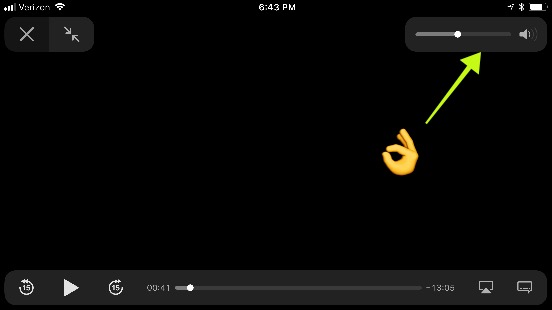
AirPod controls
There’s a setting to allow double tapping your AirPod to either change volume or skip to the next track. Since there are two of them you can set the left ear to one option and the right ear to another.
-
Contributing to WordPress Core as a non-developer
Sharing a post I wrote for XWP, where I work as a Product Owner / Designer.
-
Sketches: The Universal Language

I gave talks/workshops at WordCamp Toronto 2017, WordCamp Baltimore 2017, WordCamp Europe 2018, and WordCamp for Publishers 2018 on the importance of sketching, wireframes, and prototypes. You can watch these online at WordPress.TV.
In this talk I shared simple steps to create sketches and wireframes that you can add to any development ticket or website related problem you’re discussing.
The intended audience is non-designers who are interested in learning how to use visual aids to convey ideas and explain problems.
You can download the link to the slides for the last time I gave it!
-
Walking memories
While I’m busy building my life, working, learning, planning, and all around staying busy, I often catch glimpses of something far more important that’s quickly passing me by.
My son is 4 years old, and right now one of the highlights of his day, especially since it’s Summer time and he isn’t in preschool, is spending time with me.
We’ve recently started a couple of things together. We go for a short walk in the evenings before his bedtime, and we read a few short stories from his children’s Bible.
Sometimes these things can feel like they’re just getting in the way of all the things I want to do. But when I really think about it, they matter more than anything else. He’s growing fast, and someday he won’t be around to go on walks every day.
The thought feels painful and makes me wish he’d never grow up. But I know there’s joy in that as well! All that’s to say, I’m learning to appreciate the quiet and slow times with him.
Just today we went on a 1-2 mile walk around the neighborhood. We held hands the whole time; and he never stopped talking. He had questions about everything, his own version of stories to tell, and generally just found something to say every step of the way. And I loved it.
Here’s to living life in the moment and enjoying what we have!
-
One Small Thing – Running Part 1
As a teenager I tried running. Any attempts quickly ended in a fit of coughing with my lungs feeling ripped out. Finally around 19 a friend took me running for 2 miles. He kept us at a medium jogging pace, and at the end I didn’t feel like I had lost any major organs. Just slowing the pace helped. It was the difference between trying to sprint and going for a slow run.
Later I picked up a good tip: if you can’t carry a conversation you’re probably running too fast. I’m guessing this only applies for people like me who are just running for basic exercise.
After that 2 mile run I realized this could be something I’d enjoy. 6 weeks later I ran my first half marathon. It was hard but fun!
Then I mostly tapered off of running for a few years. I’d get out every now and then for a few miles, but nothing consistent. Finally at 25 years old I decided to get serious again and trained 4 months for my first marathon. The consistency was amazing. I followed a guide that told me what to do each day; it didn’t require much thinking, just get out and run.
The next year I ran a marathon again, greatly improving my time. Then I stopped running (regularly at least) for a few more years.
The result has been, if I don’t have a race I’m training for, I don’t run consistently.
A few weeks ago I decided to try the smallest daily habit I could think of in regards to running. I committed to running 1 mile a day (except for Saturday, I use that as my rest day). The experience has been freeing. While I would like to find an event to commit to, I can always get my running shoes on and at least run a mile.
I’m looking forward to seeing how this small habit continues over the next few weeks, and if it builds into something long term.
-
Better WordPress Theme Onboarding with Merlin WP
You get one chance to make a fantastic first impression. Just one. WordPress itself isn’t particularly known for its first impressions, and WordPress themes in general are notoriously difficult to get rolling.
(more…) -
One Small Thing
Push-ups
Can you do a push-up? Whether it’s from the knees or strict I’m sure you can. Go on, try one now.
That was pretty easy right?Do you think you could do one more tomorrow when you wake up?
Earlier this year I was reading “Tools of Titans”, from Tim Ferriss and I was inspired by one of the examples he shared. No matter what I had going on, I could absolutely commit to doing 1 push-up a day.
So I did. For the past 5 months I’ve made sure to do at least 1 pushup every day. While it’s a very small thing that will not help me reach my long term interests for fitness, it is a step in the right direction.
Journaling
For years I tried journaling. I’d enthusiastically start writing one day and pour my thoughts onto the page; digital and analog. Sometimes I’d write a few sentences, and other times I could fill out a few paragraphs. However, the story was always the same. After a day, or two, or even a few weeks, I’d end up quitting.
At the start of this year I decided I would journal every single day. The trick this time was to only do one line of journaling every day, and then force myself to stop. Over 7 months later my journal the habit has become clearly established. I now have a log throughout the year sharing major things I did, and often how I felt on a given day.
Note: I did cheat on this one a bit and sometimes would come back to fill in 2-3 days, but ultimately I’ve kept it going so I call this one a win.
Bible
For a long time I’ve wanted to be more intentional about my personal devotional time. I wanted more consistency. So I made a commitment that I’d read 5 minutes from the Bible every day. Sometimes I would actually read and other times I’d listen to a narration of the Bible. The result has been that I haven’t missed a day in almost 10 months.
—-
What are some things you’ve been wanting to do? If you have tried to start a habit, only to break it a few days later, then you might want to give this a try.
What is something you want to start doing? Running, lifting weights, push-ups, journaling, reading, drawing, flossing?
Decide now what you really want and make the tiniest step toward that goal. Put it in writing and make sure you can see the words everyday.
Some tricks that have helped me are repeat reminders in a task manager, changing the wallpaper on my phone, or writing it up and sticking it on the wall right by my desk.
Push-ups, 1 line journaling, and 5 minutes of reading my Bible have now become habit for me. I don’t feel that my day is complete unless I can check them off.
Now I’m thinking about what my fourth habit could be. Running 1 mile a day?
-
My Favorite Noisemaker App
These two apps, Relax Melodies and Noisli, perfectly illustrate why a simpler, more focused, solution will often win out over one that tries to do everything.
For the past few years I’ve used Relax Melodies, the main function I use is the white noise sound. At one point I even considered making my own app that just has white noise and nothing else.
Relax Melodies is an example of an app that drives me nuts. First off there are ads, unless I opt in for a subscription. A description on a noise maker app? This is madness. I don’t want to pay $10/month for a glorified fan. And what else does that subscription give me? A bunch of fancy new noises?
Still, I held onto this app because it had a sound that I thought would be hard to replicate.
Then along came Noisli. It’s $1.99 to buy. This app is beautiful and simple. No ads, no upsells. When I open it all I see are a few simple icons that I can tap to start the noise. That’s it.
Lately I’ve grown accustomed to switching to the brown noise setting. It’s less sharp and feels a bit more relaxing.
-
Choosing my next iPhone
Last year I made the decision to switch to the iPhone 7 Plus. This phone is huge. To say it can be used one handed is a bit of an exaggeration.
All of my phones prior were smaller and easier to carry around.
Below are my pros/cons of owning a bigger screen size and what will influence my future buying decisions. Please note that these reasons are based on how I use the phone. I realize that for other people the list will be different.
Pros
- Watching video – It's easier to watch video and get a bit more immersed in what you're viewing. This is especially the case since I always watch video (unless it's portrait shot) in landscape.
- Taking photos – This is the biggest benefit for me. I LOVE portrait mode. It's the number one reason I decided to go with the bigger phone.
- Texting – This one is almost a tossup again. For texting I have to use two hands, and because I do my texts are much faster. However there are situations where I'd prefer to be able to use one hand (running for instance) but can't do that easily. It really just depends on how you use the phone. Since texting IS really nice with two hands I'll call it a benefit.
Cons
- Reading books – On the one hand I like the bigger 5.5" screen as I can more comfortably read through words on the page. On the other hand a smaller screen is easier to hold one handed. If I really want to read a book for longer periods I can pull up my Kindle Paperwhite, or you know.. read a book. I'm calling this one a con since the portability of the phone (smaller is better) outweighs the extra real estate for reading.
- Listening to books – Almost all of my "reading" is through Audible. Smaller phone will always win here.
- Running – Yeah, smaller is always better here.
- Playing games – This is a very low priority for me, so smaller is still better.
Lately I've been trying to experiment with ways to become less reliant on my phone. I'd like it to be more of a utility than an always on, always available, always in use device.
The main reason I stick with a larger iPhone is for the portrait mode. I love it! If the next iPhone has portrait mode on the smaller size then it will be an easy decision.So here's to looking forward to seeing what comes up next!
-
Creation vs consumption
Lately I’ve been thinking about how I’m spending my time.
There are periods of time every week where I find myself consuming content. That could be a TV show or movie, a book, Reddit, social media, news, tech blogs, etc.
In all of this I’m merely an open vessel absorbing bits of information. Now granted some of it is good information, and I could argue that other pieces are actually quite valuable. But on the whole a lot of it could be completely ignored, even the good stuff.
I find myself struggling against the impulse to constantly refresh and see what’s new out there, just to get a quick fix, and the desire to build and create things.
Writing articles on this blog is one perfect example of this struggle. I could spend my time reading what others are saying out there about some of the topics I love (simple living, traveling light, focus, essentialism, Apple products, etc) or I could add value to the world by sharing the things that are of interest to me.
I’d like to think that the second option will win out! I’ve caught myself reading opinion pieces on something that interests me and in the same breath realizing it’s exactly what I’ve been thinking.
So my encouragement to you is to look for the value you can add to the world, and not to just be someone who is taking what the world has to offer.

